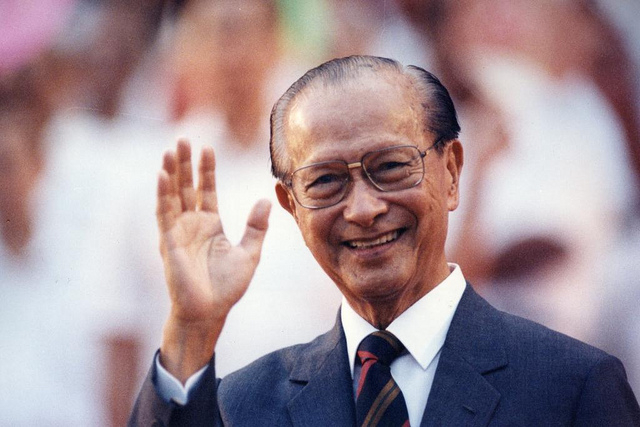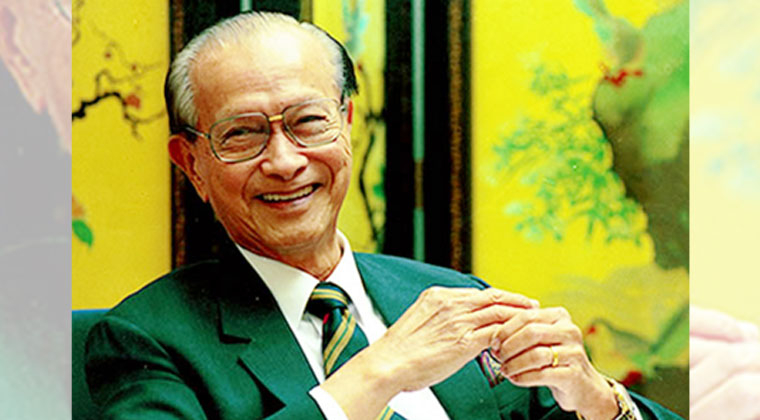Wee Kim Wee
One of the most important historical figures in Singapore is Wee Kim Wee. Wee Kim Wee (4 November 1915 – 2 May 2005) was a Singaporean journalist and diplomat who served as the country's fourth president from 1985 to 1993. Prior to being elected by the Parliament, Wee served as Singapore's Ambassador to the Republic of Korea from 1981 to 1984, Ambassador to Japan from 1980 to 1984, and High Commissioner to Malaysia from 1973 to 1980.
Wee was named President of Singapore and Commander-in-Chief in 1985, and Chancellor of the National University of Singapore at the same time. Until Wee's second term as President, the presidential candidate was chosen entirely by Parliament. Until Wee's second term as President, the presidential candidate was chosen entirely by Parliament. During Wee's second term, the Parliament modified the constitution in January 1991 to allow for the direct presidential election, with the president having the power to veto civil service appointments and the use of government reserves. The establishment of an elected President was a significant constitutional and political change in the country's history, as the president now has the authority to veto government budgets and appointments to public office. They can probe cases of corruption and scrutinize the government's use of its powers under the Internal Security Act and religious harmony laws. Wee Kim Wee decided not to run in the succeeding first presidential election, the first in Singapore to be determined by popular vote, and retired at the end of his second and last term. In 1993, he was also given the Darjah Utama Temasek.
Wee died of prostate cancer on May 2, 2005, at the age of 89, at his house in Siglap Plain. Before his death, he requested that he be cremated and that his ashes be interred among those of regular citizens at Mandai Columbarium rather than Kranji War Cemetery, where late dignitaries are generally buried.








